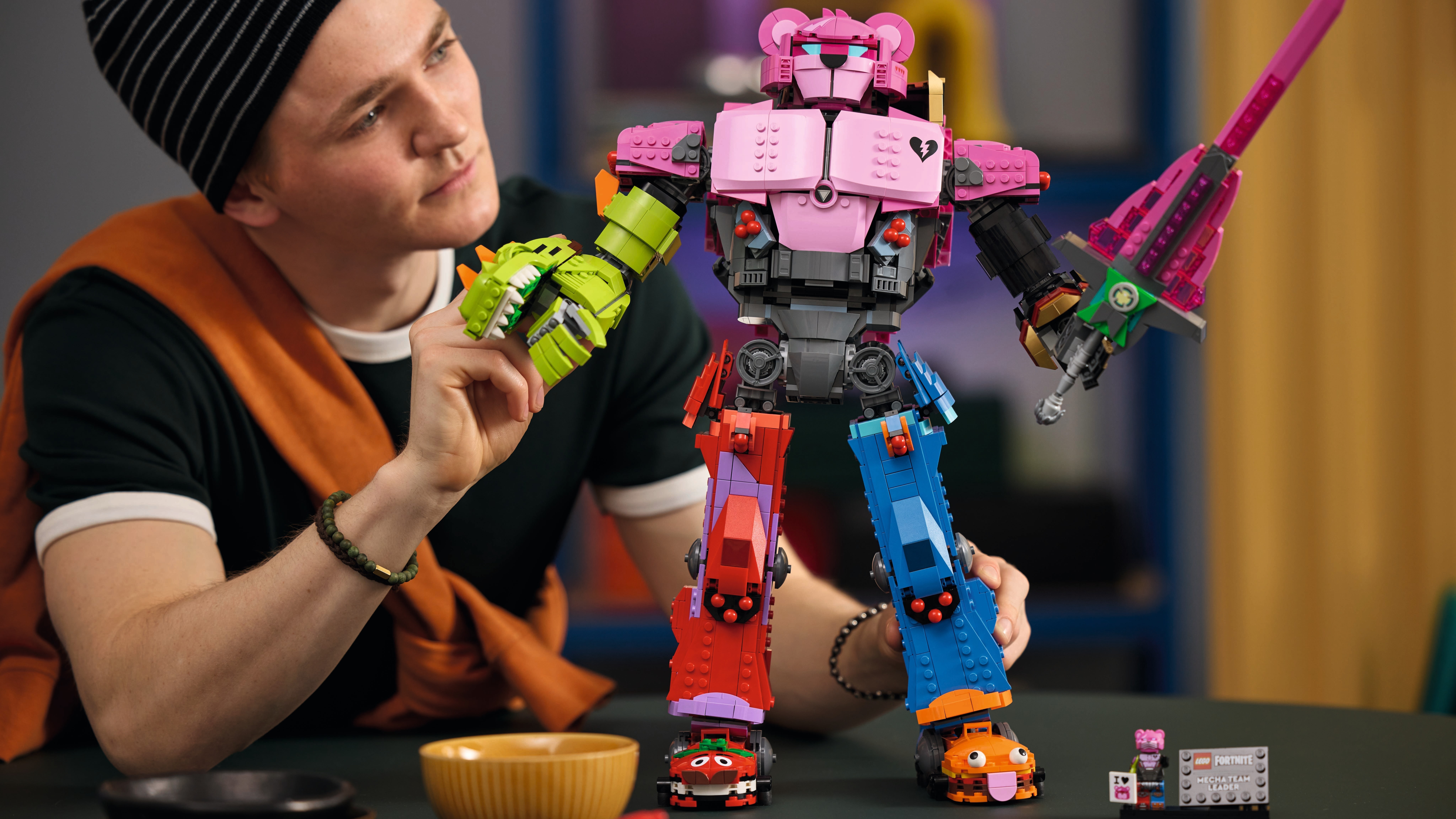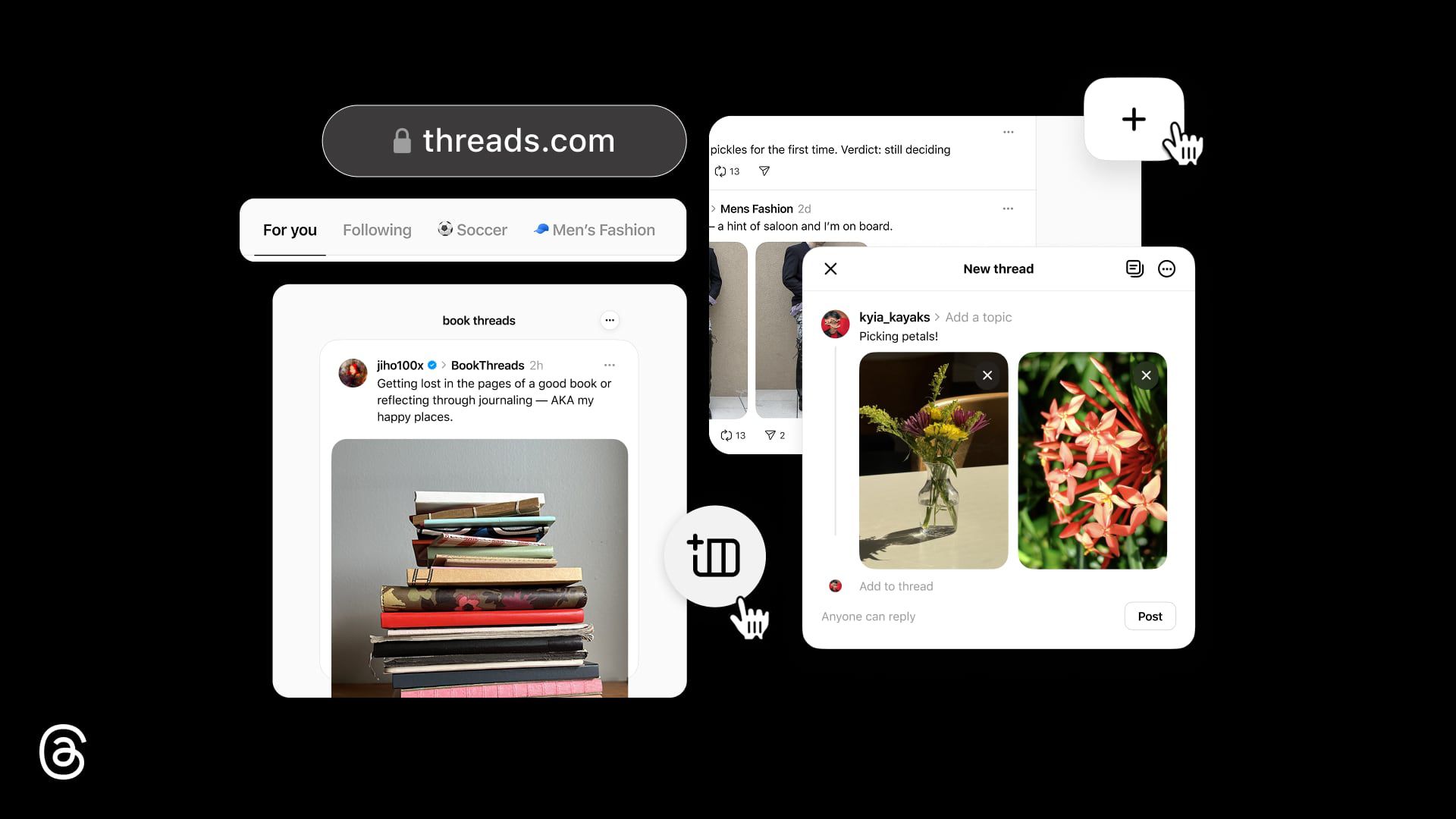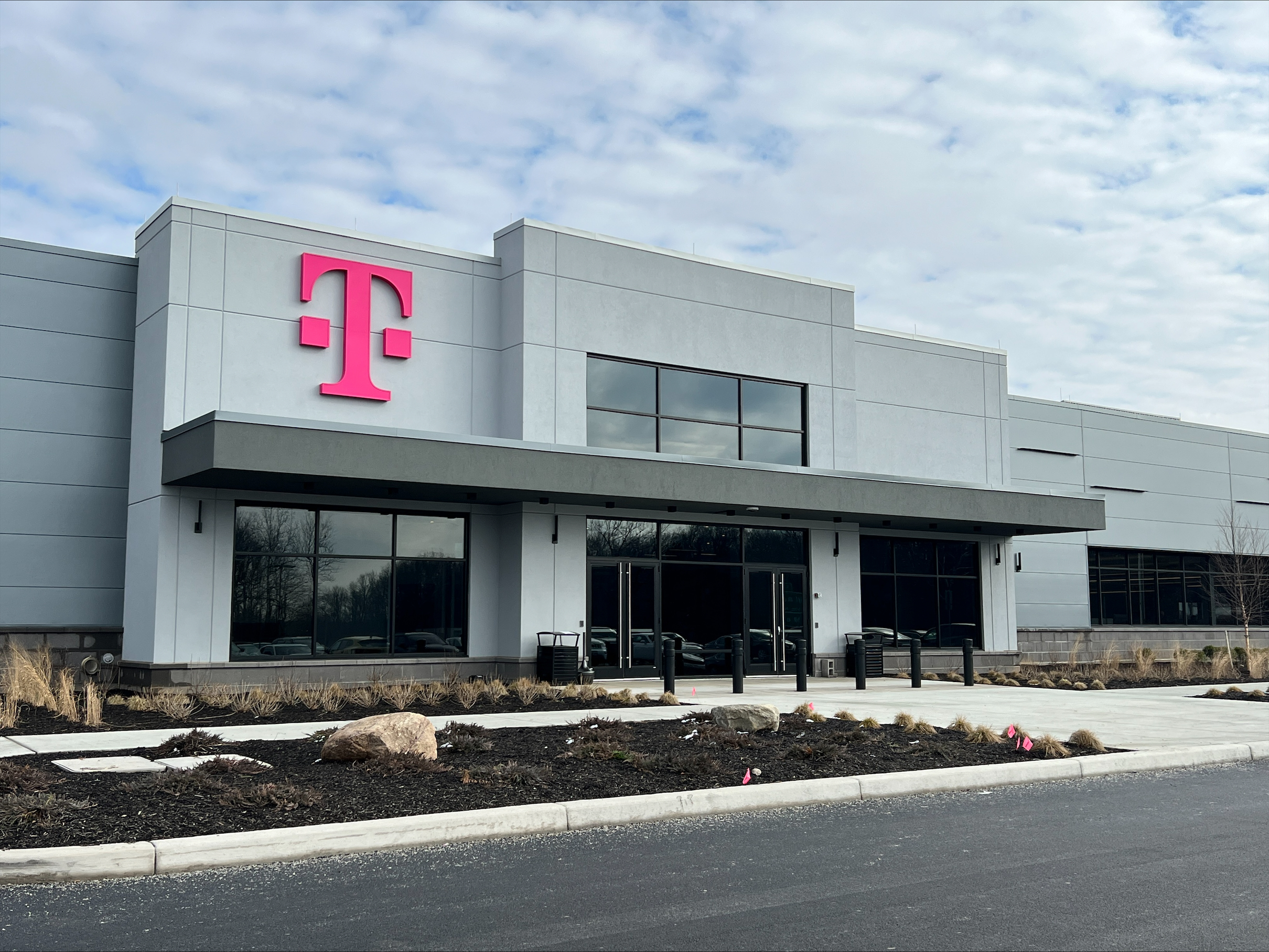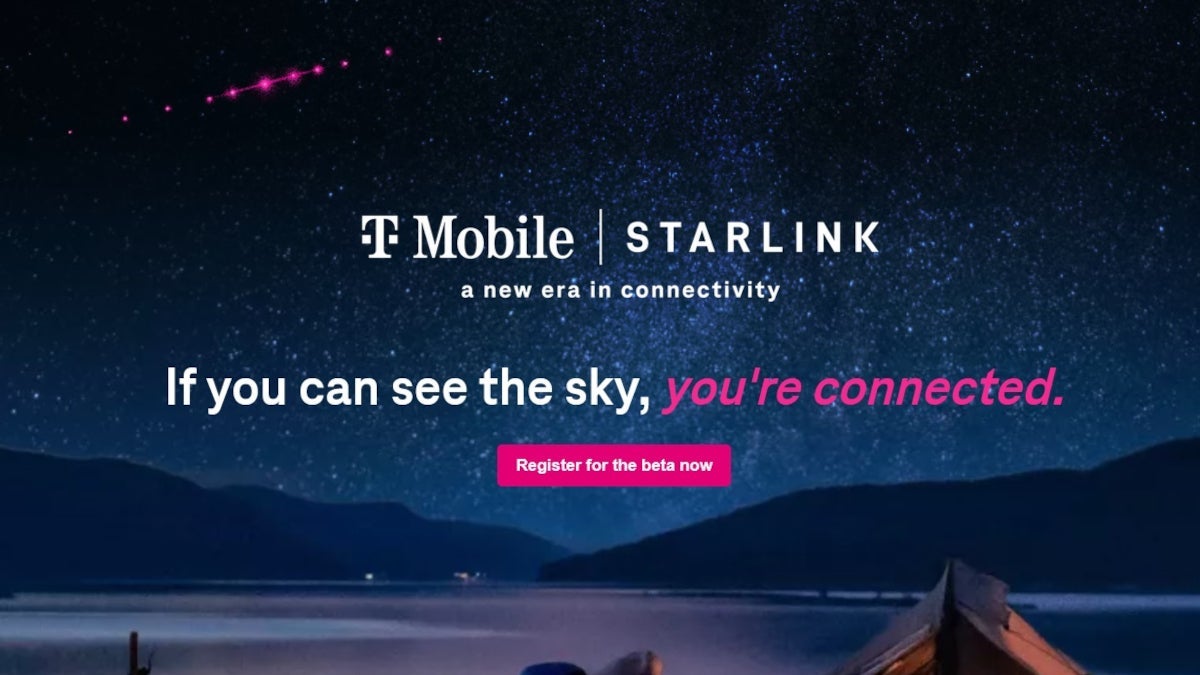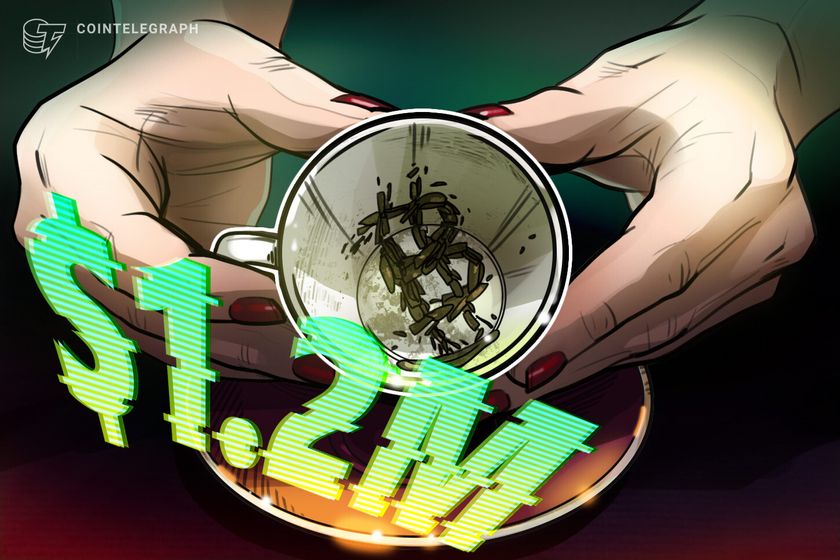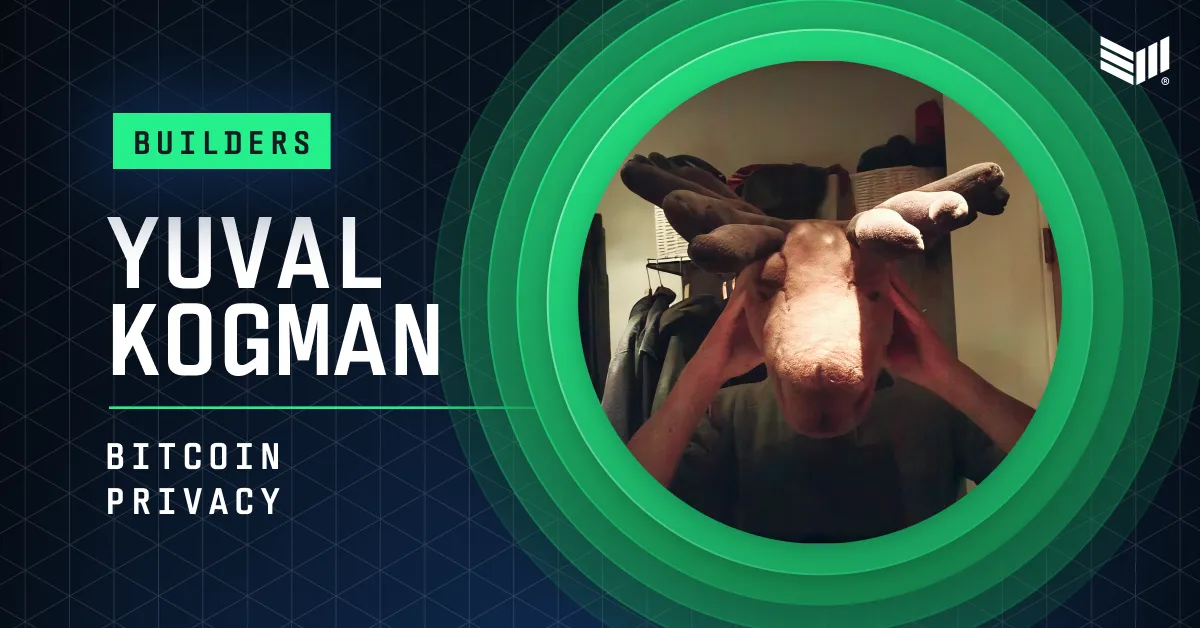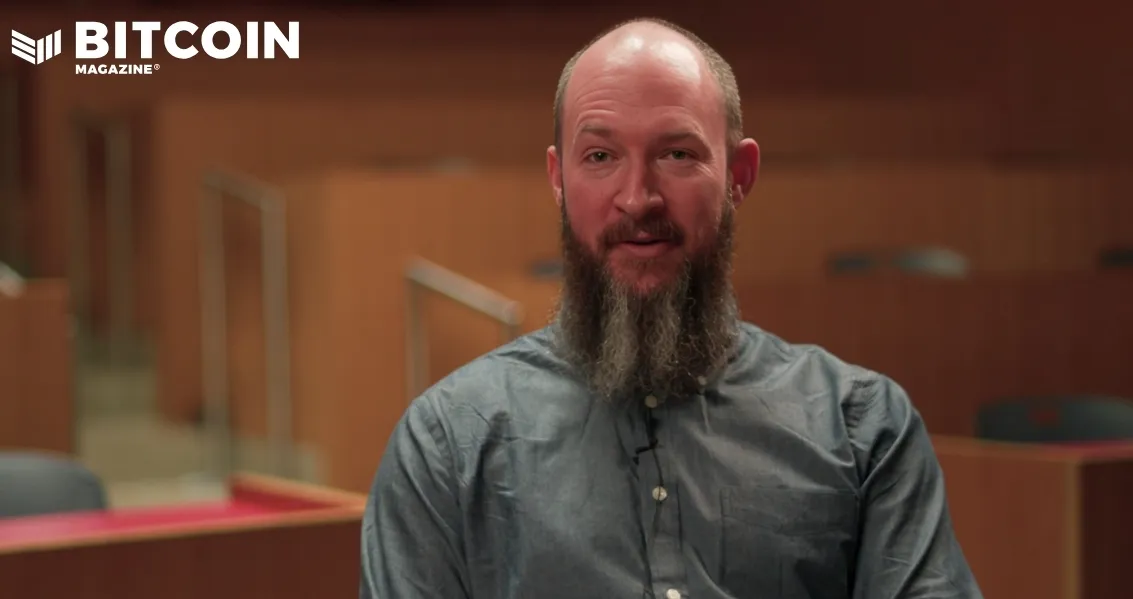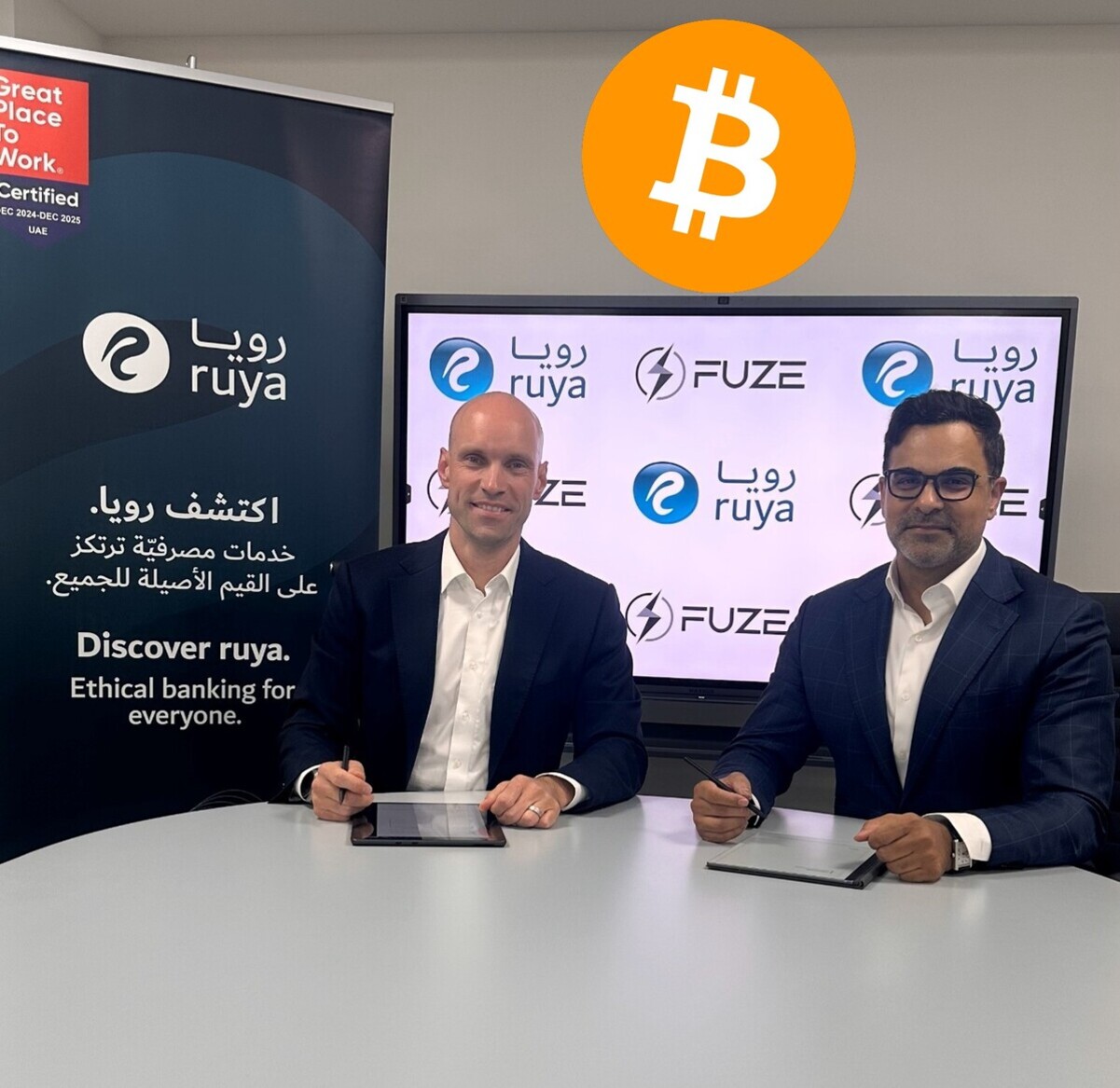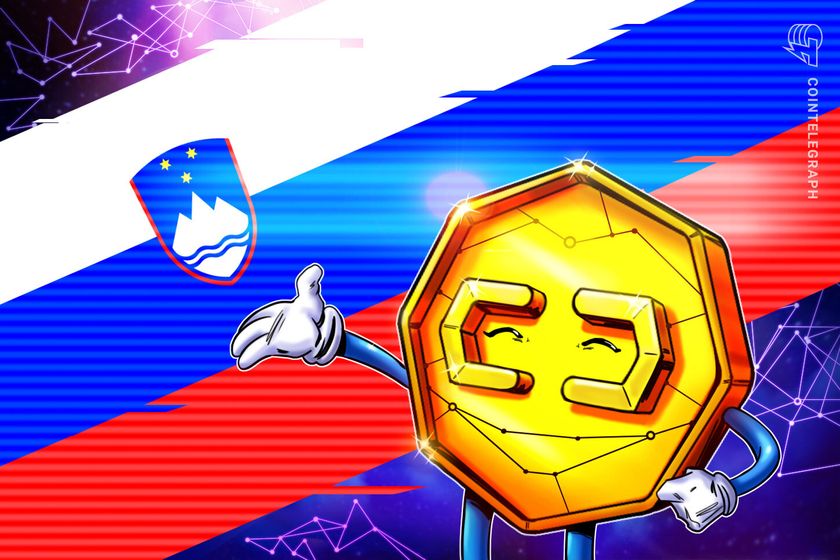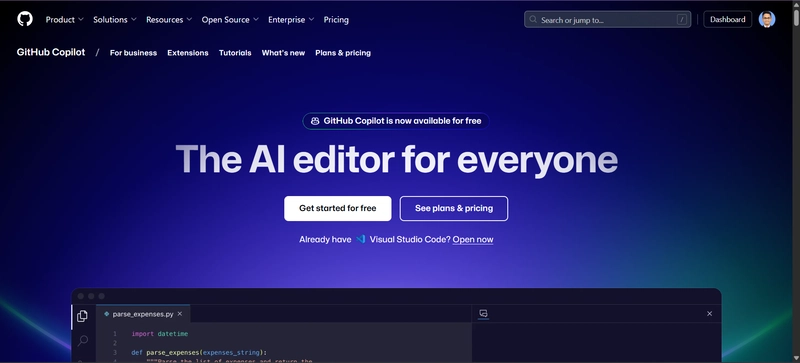You’re Not a Real Developer Until You’ve Built These 3 Projects
Okay, maybe the title’s a bit dramatic — but let’s be real. There’s a huge difference between learning to code and actually being a developer. You can memorize syntax and pass tutorials all day long, but until you’ve gotten your hands dirty building real-world projects, you’re just a coder in training. If you really want to feel like a legit developer, here are three projects you must build — and why they matter. 1. A Personal Portfolio Website If you don’t build your brand, who will? This is your digital home. It should include your bio, skills, links to your GitHub/LinkedIn, and a gallery of the projects you’ve built. Why It’s Essential: Forces you to learn HTML, CSS, and JavaScript basics Teaches you how to deploy something live (Netlify, Vercel, GitHub Pages, etc.) You can experiment with animations, frameworks, and responsive design It’s your résumé that works 24/7 Bonus Tip: Add a blog section and start sharing your developer journey. Employers love self-starters. 2. A CRUD App (Create, Read, Update, Delete) If you haven’t done CRUD, you haven’t done dev. Whether it’s a to-do list, contact manager, or notes app, a CRUD app is the first true test of your ability to handle real-world data and interactions. Why It’s Essential: Teaches core concepts like state management, form handling, and user input Introduces backend logic (Node.js, Firebase, Supabase, etc.) Connects frontend with backend Builds confidence in creating interactive features users expect You’ll also get your first taste of auth, data validation, and error handling — all crucial for real apps. 3. An API-Driven App (Weather, Movie Search, or News) Time to connect your app to the internet’s power. Calling a public API and integrating that data into your UI is a rite of passage. It’s the bridge between static pages and dynamic, intelligent apps. Why It’s Essential: Teaches how to work with JSON, fetch APIs, and asynchronous programming Sharpens debugging and error-handling skills You learn to handle loading states, errors, and empty results gracefully Gives you real-world data to work with (and present beautifully) Want to make it spicy? Add filters, pagination, or even a dark mode toggle. Real Devs Don’t Just Code — They Build There’s a reason these projects are universally recommended: they reflect the challenges, workflows, and problem-solving you’ll encounter on real teams. By building these three, you’ll go beyond tutorials and start thinking like a developer. Want to go even further? Wrap them in a framework like React, Vue, or Next.js. Add a database like MongoDB or PostgreSQL. Deploy with Docker or integrate CI/CD. Push the limits. Also read: How I Built a Fast, SEO-Optimized Website That Ranks on Google Final Thoughts You don’t need a CS degree to be a developer. You don’t even need to be perfect. What you do need is to build — and these three projects are your launchpad. Once they’re done, you won’t just feel like a real developer. You’ll be one. Looking for professional Website Services? Comment below!
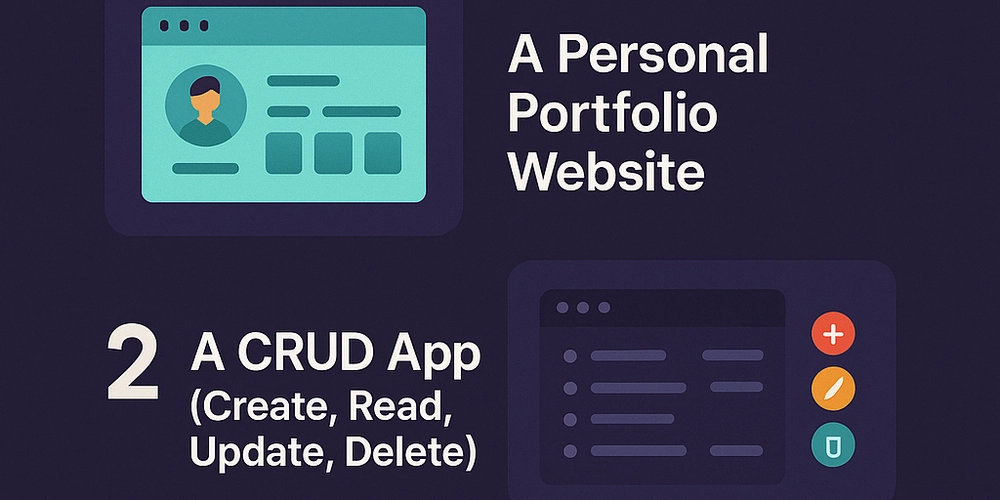
Okay, maybe the title’s a bit dramatic — but let’s be real. There’s a huge difference between learning to code and actually being a developer.
You can memorize syntax and pass tutorials all day long, but until you’ve gotten your hands dirty building real-world projects, you’re just a coder in training. If you really want to feel like a legit developer, here are three projects you must build — and why they matter.
1. A Personal Portfolio Website
If you don’t build your brand, who will?
This is your digital home. It should include your bio, skills, links to your GitHub/LinkedIn, and a gallery of the projects you’ve built.
Why It’s Essential:
Forces you to learn HTML, CSS, and JavaScript basics
Teaches you how to deploy something live (Netlify, Vercel, GitHub Pages, etc.)
You can experiment with animations, frameworks, and responsive design
It’s your résumé that works 24/7
Bonus Tip: Add a blog section and start sharing your developer journey. Employers love self-starters.
2. A CRUD App (Create, Read, Update, Delete)
If you haven’t done CRUD, you haven’t done dev.
Whether it’s a to-do list, contact manager, or notes app, a CRUD app is the first true test of your ability to handle real-world data and interactions.
Why It’s Essential:
Teaches core concepts like state management, form handling, and user input
Introduces backend logic (Node.js, Firebase, Supabase, etc.)
Connects frontend with backend
Builds confidence in creating interactive features users expect
You’ll also get your first taste of auth, data validation, and error handling — all crucial for real apps.
3. An API-Driven App (Weather, Movie Search, or News)
Time to connect your app to the internet’s power.
Calling a public API and integrating that data into your UI is a rite of passage. It’s the bridge between static pages and dynamic, intelligent apps.
Why It’s Essential:
Teaches how to work with JSON, fetch APIs, and asynchronous programming
Sharpens debugging and error-handling skills
You learn to handle loading states, errors, and empty results gracefully
Gives you real-world data to work with (and present beautifully)
Want to make it spicy? Add filters, pagination, or even a dark mode toggle.
Real Devs Don’t Just Code — They Build
There’s a reason these projects are universally recommended: they reflect the challenges, workflows, and problem-solving you’ll encounter on real teams. By building these three, you’ll go beyond tutorials and start thinking like a developer.
Want to go even further? Wrap them in a framework like React, Vue, or Next.js. Add a database like MongoDB or PostgreSQL. Deploy with Docker or integrate CI/CD. Push the limits.
Also read: How I Built a Fast, SEO-Optimized Website That Ranks on Google
Final Thoughts
You don’t need a CS degree to be a developer. You don’t even need to be perfect. What you do need is to build — and these three projects are your launchpad.
Once they’re done, you won’t just feel like a real developer. You’ll be one.
Looking for professional Website Services? Comment below!

















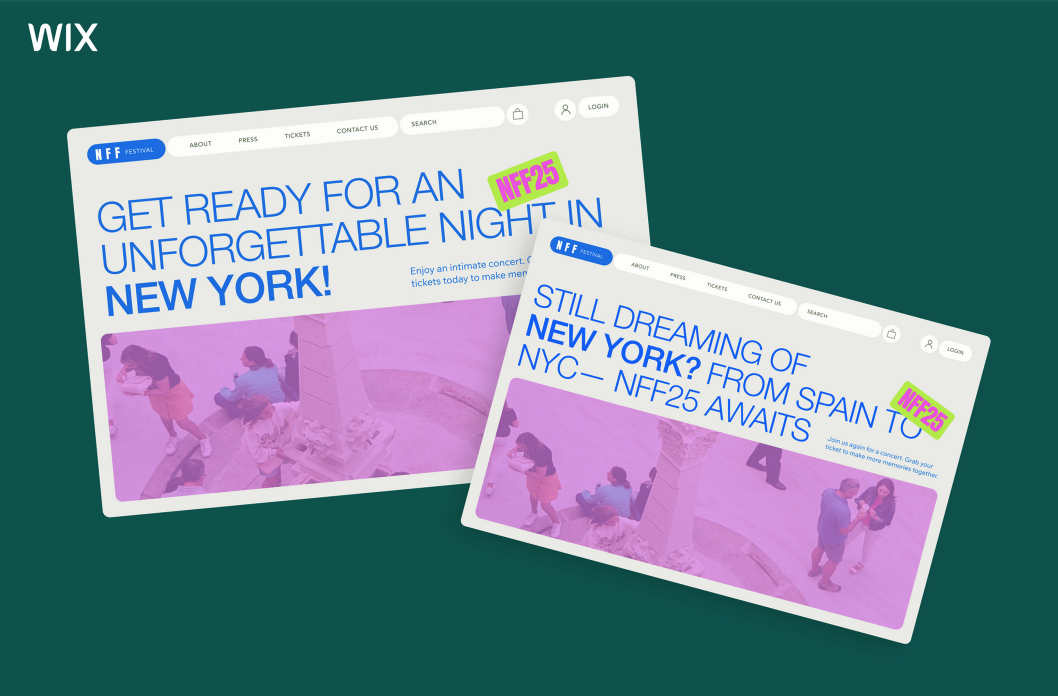























































































































































![[The AI Show Episode 144]: ChatGPT’s New Memory, Shopify CEO’s Leaked “AI First” Memo, Google Cloud Next Releases, o3 and o4-mini Coming Soon & Llama 4’s Rocky Launch](https://www.marketingaiinstitute.com/hubfs/ep%20144%20cover.png)
















































































































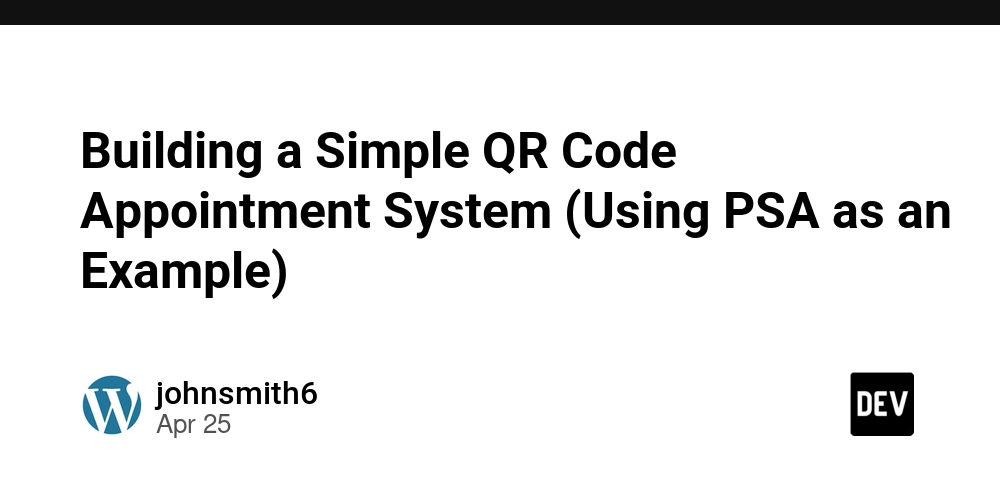
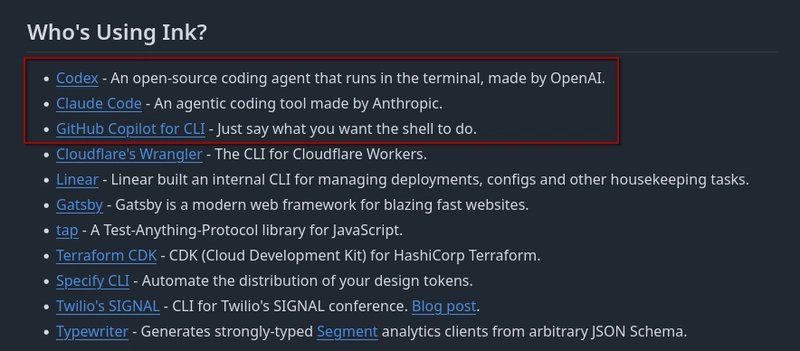
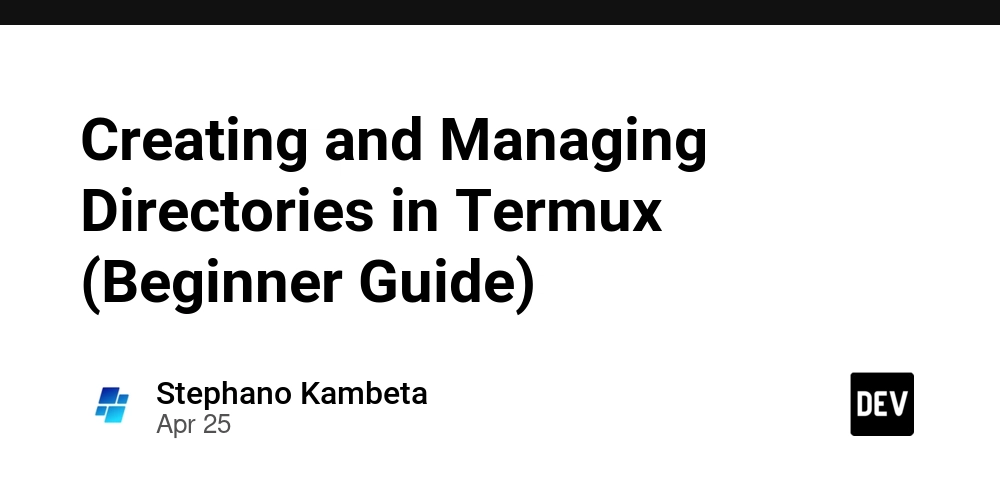














![[DEALS] Sterling Stock Picker: Lifetime Subscription (85% off) & Other Deals Up To 98% Off – Offers End Soon!](https://www.javacodegeeks.com/wp-content/uploads/2012/12/jcg-logo.jpg)












































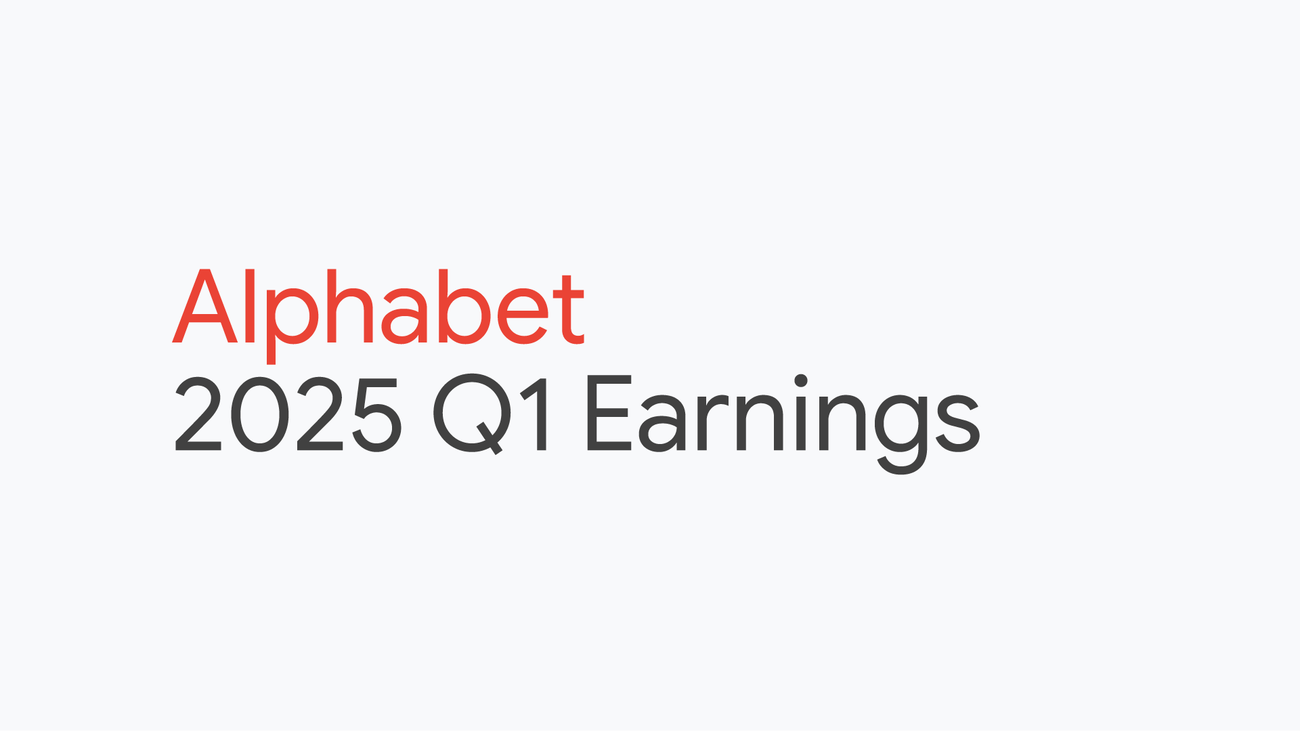

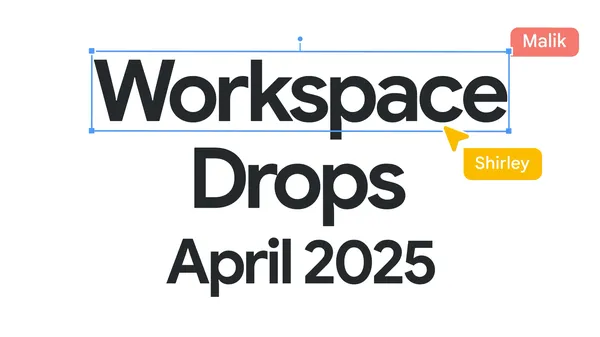







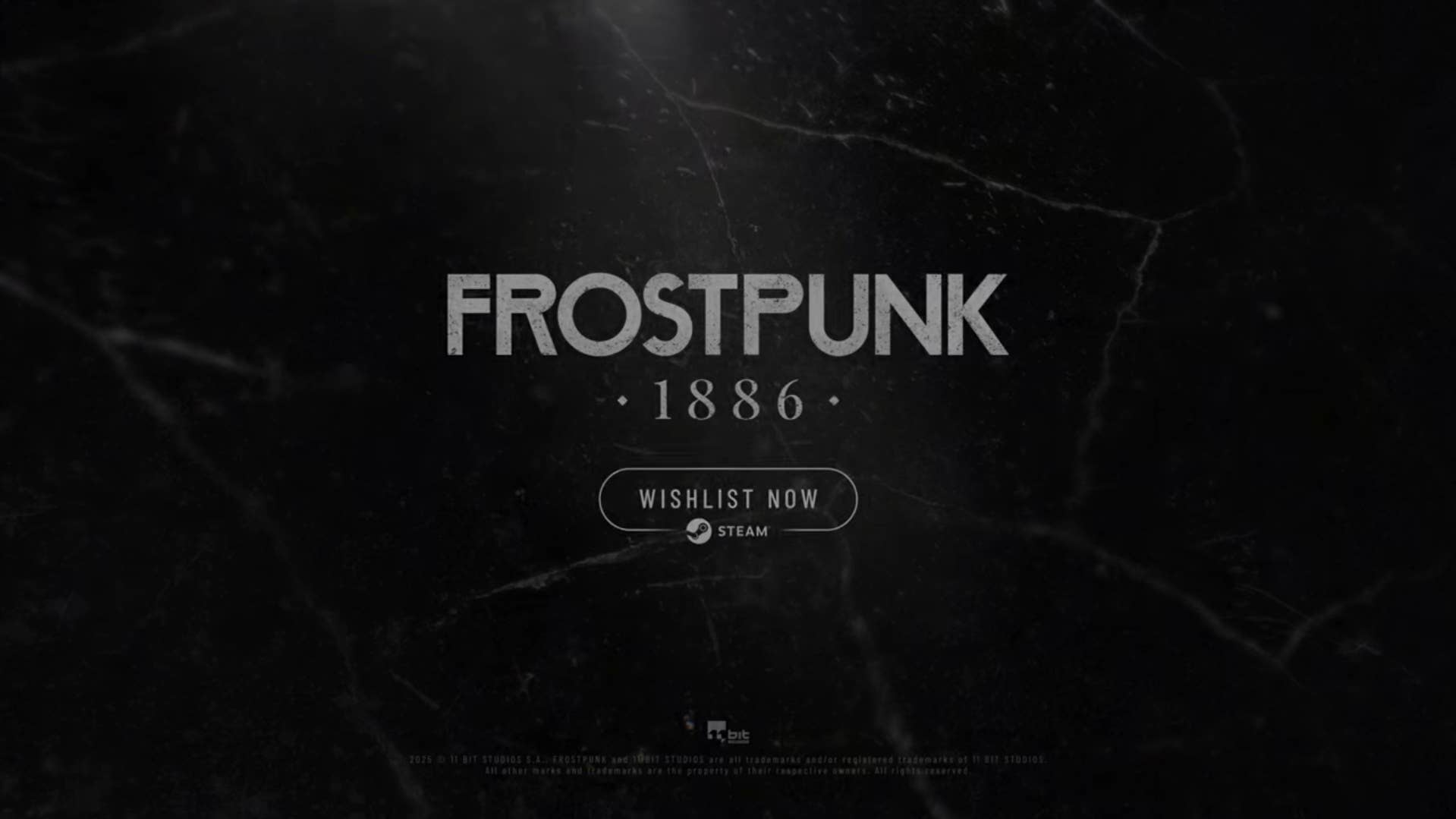






























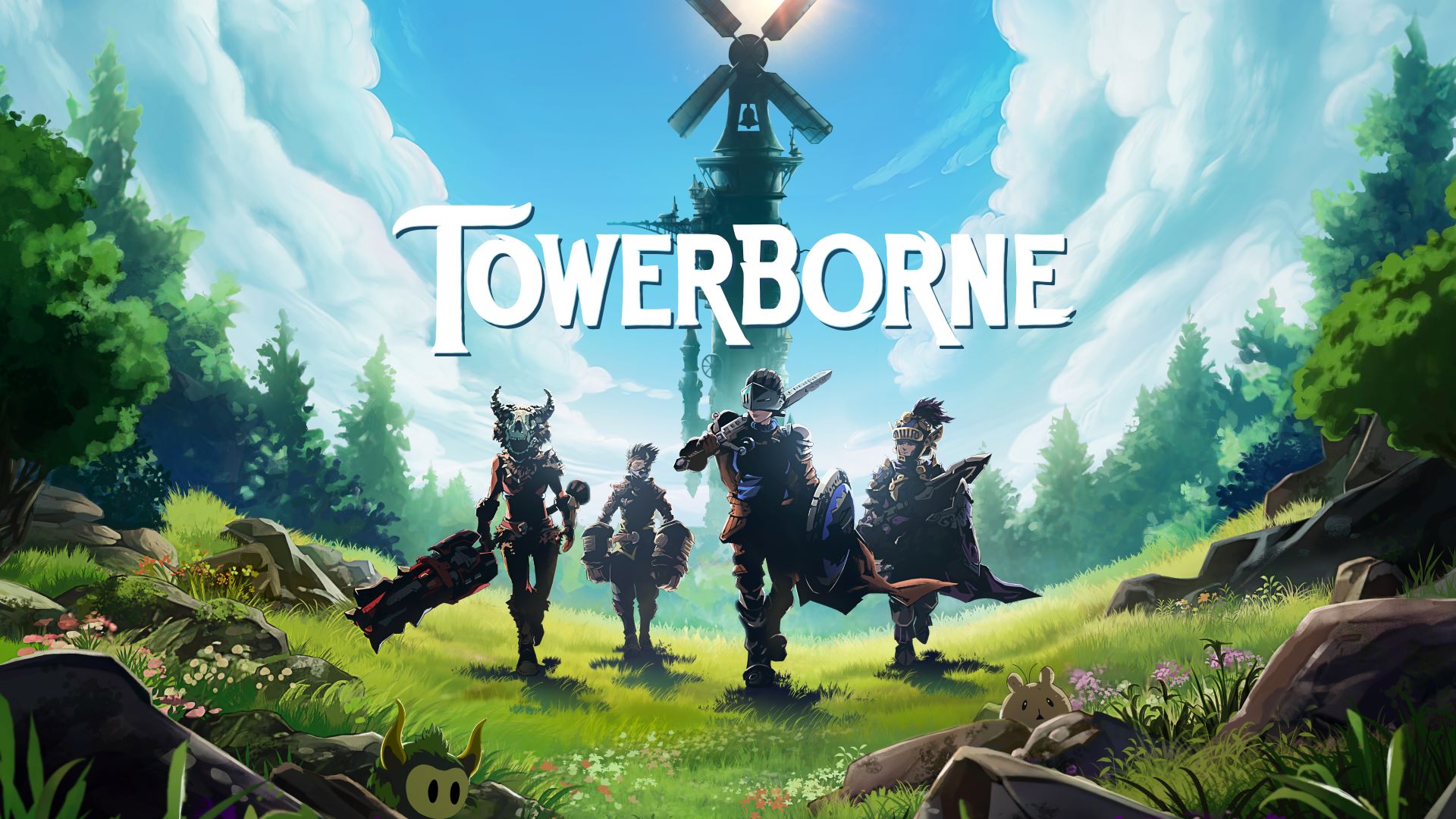





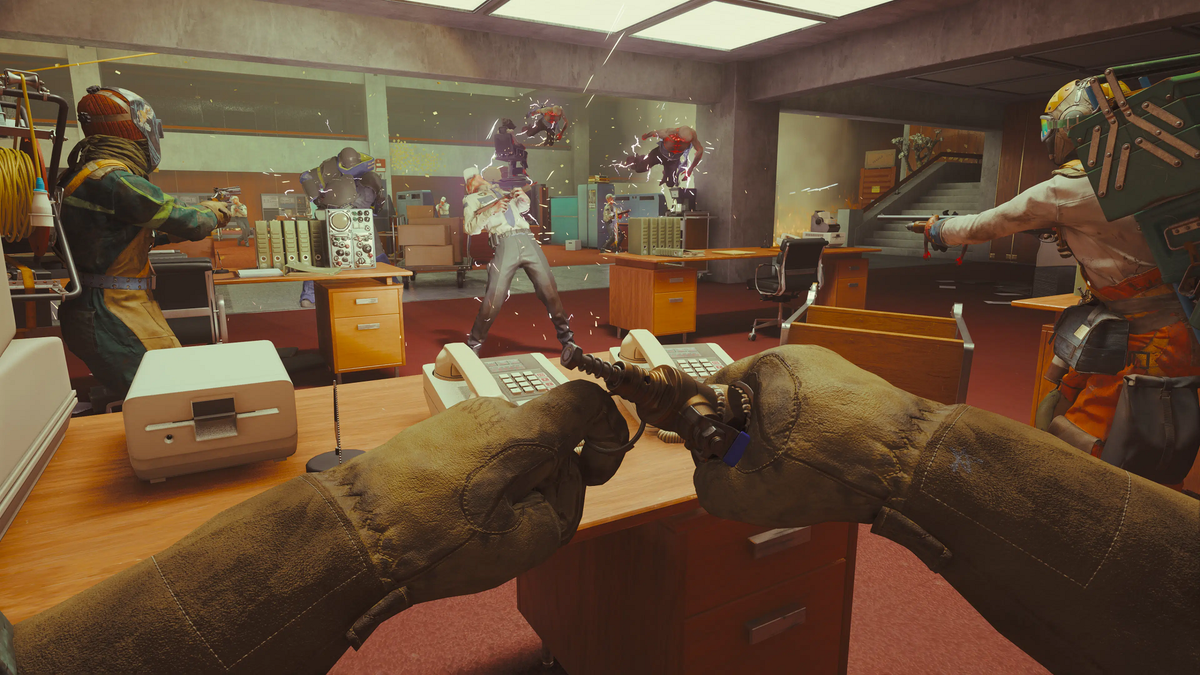
















.jpg?#)
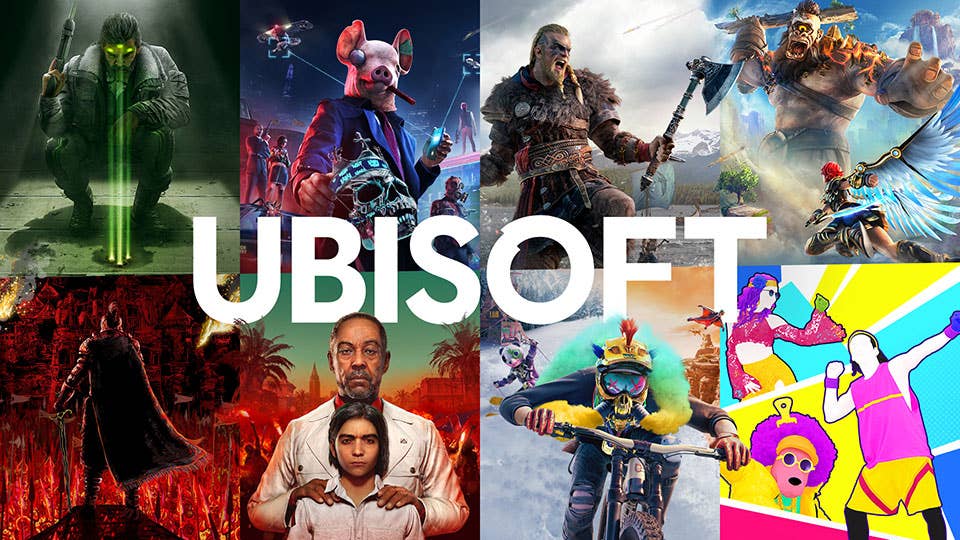

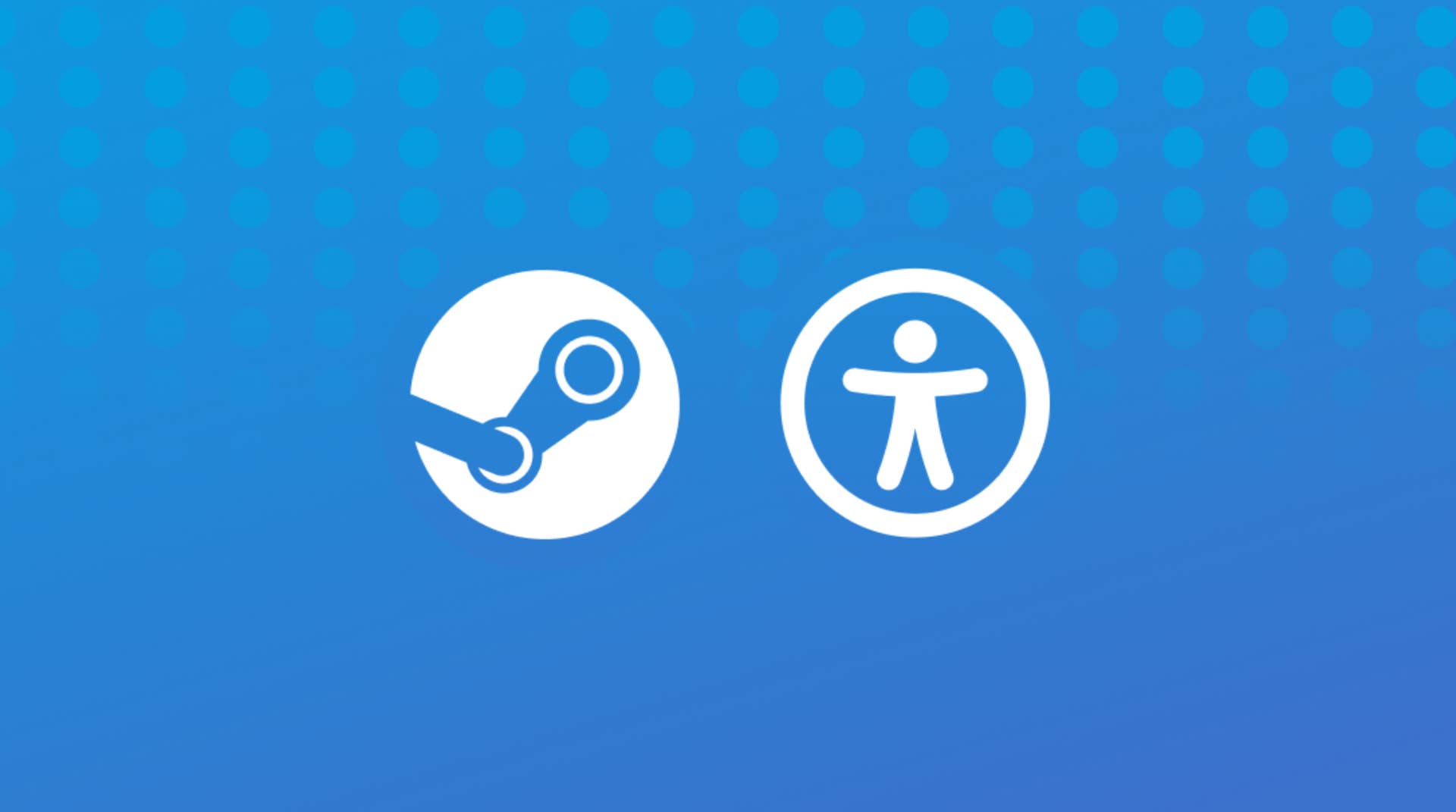




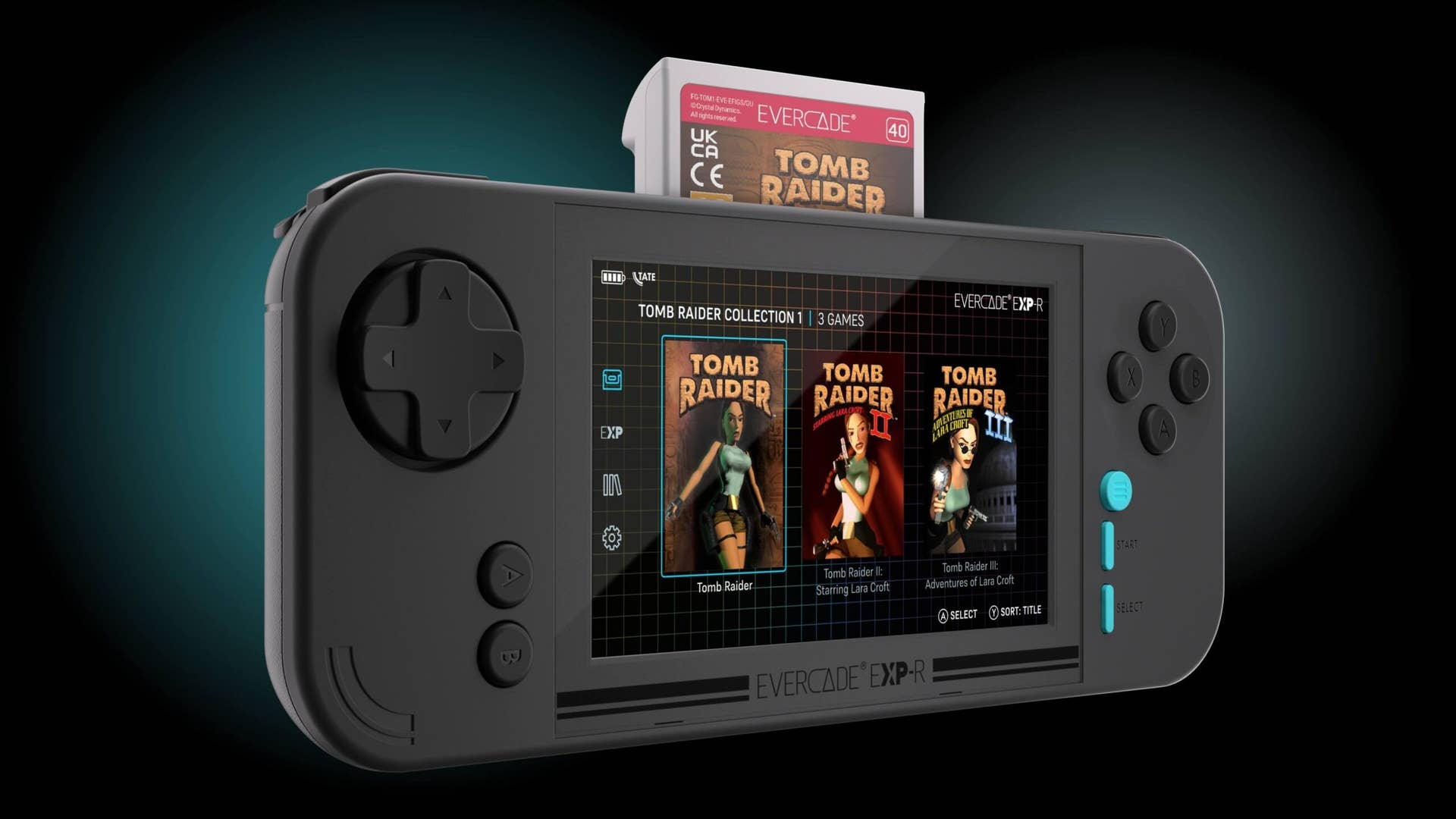







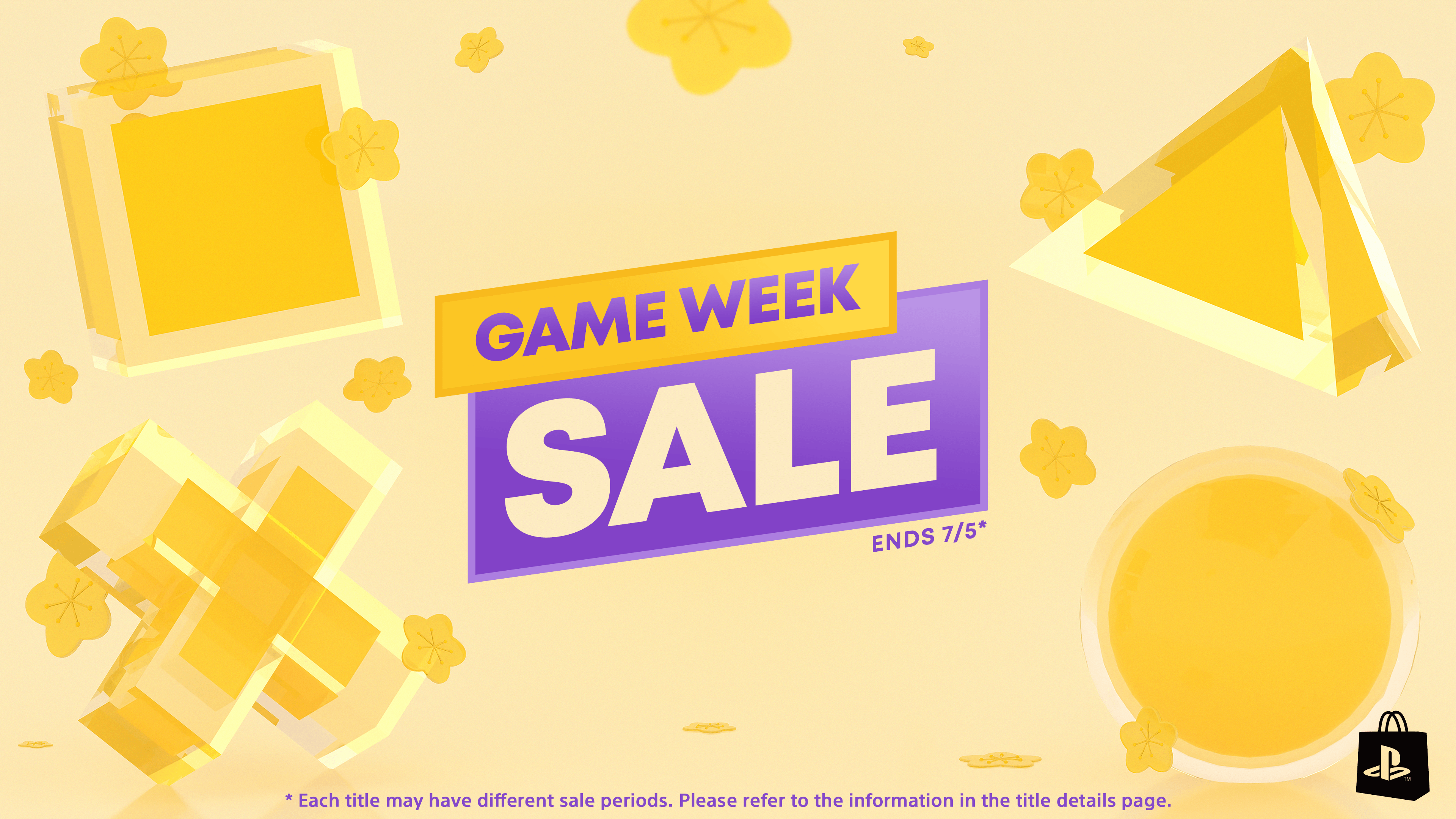






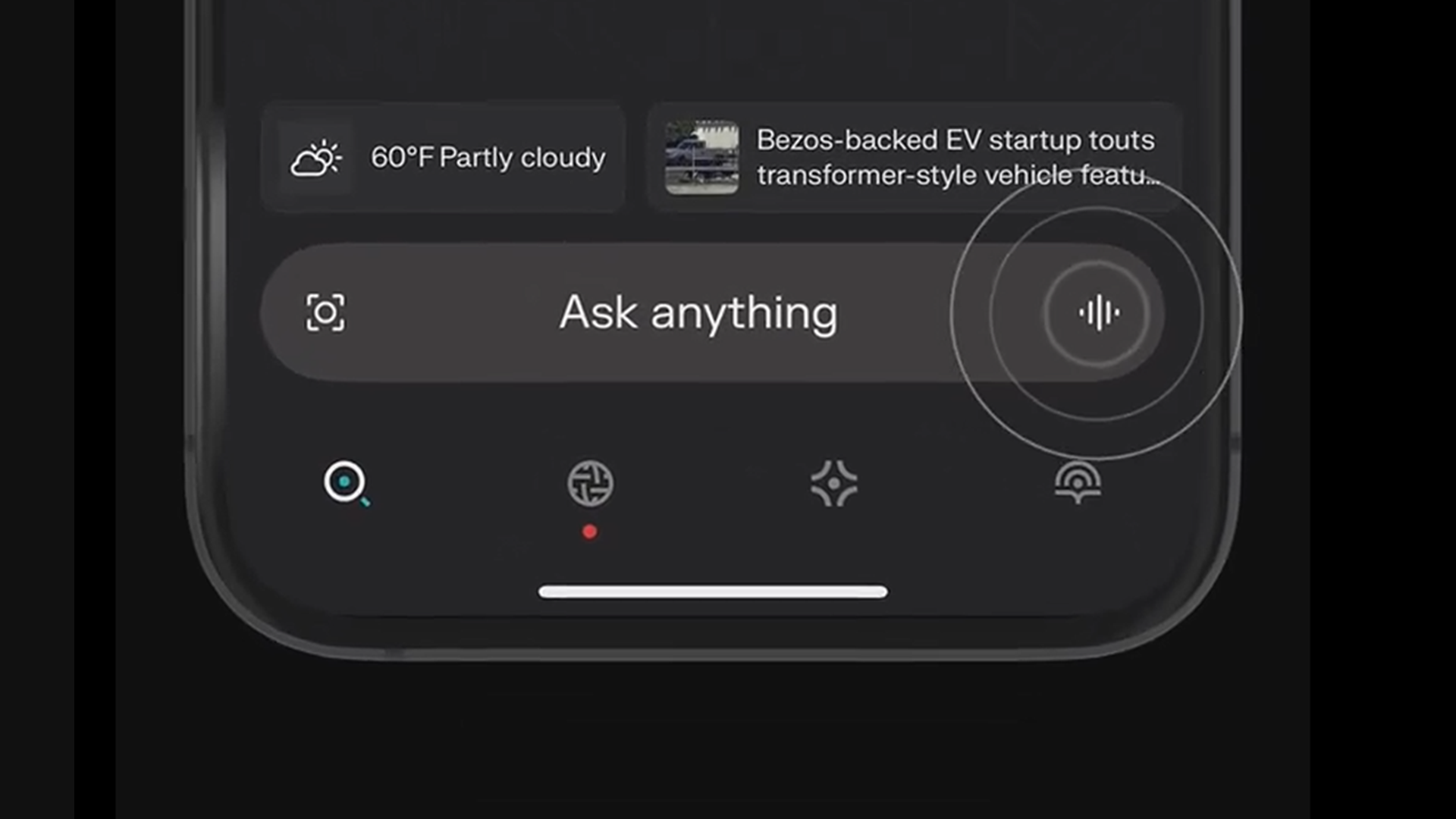











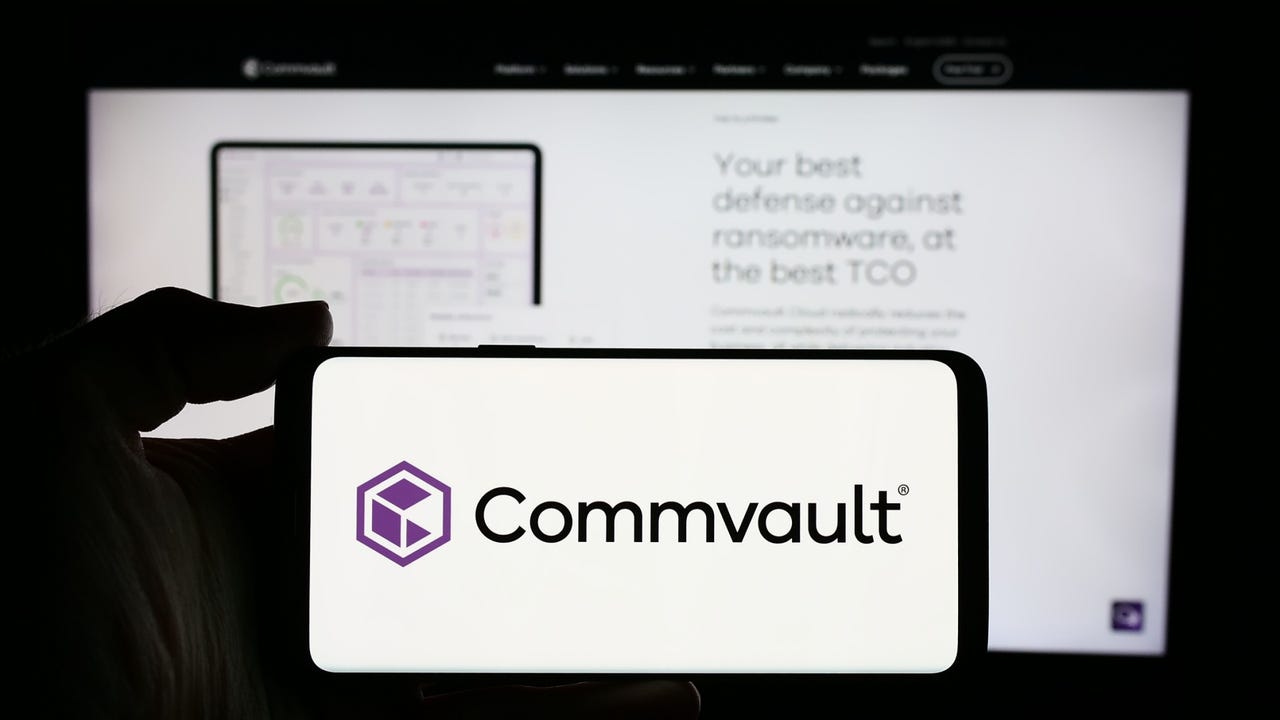




























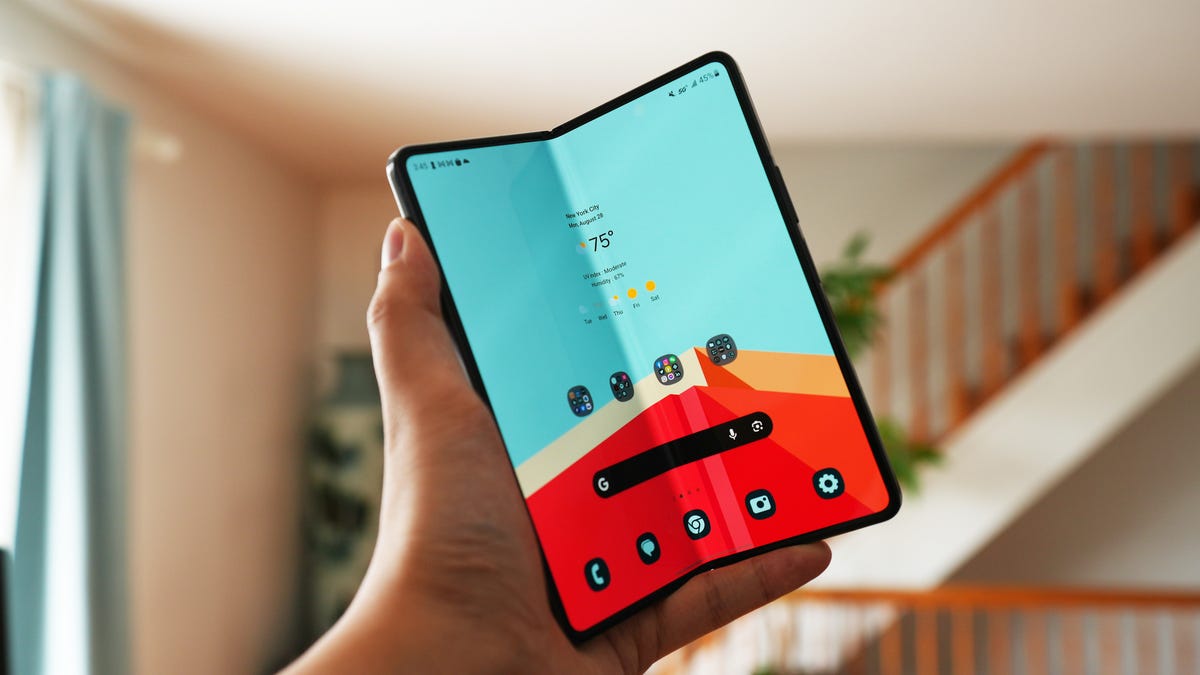


























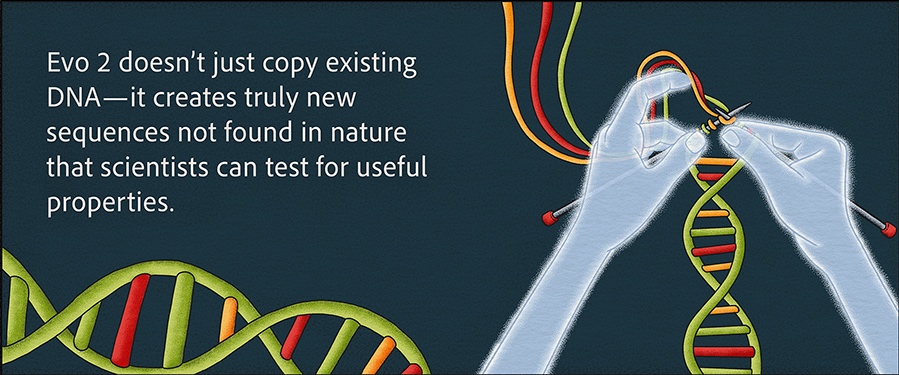

























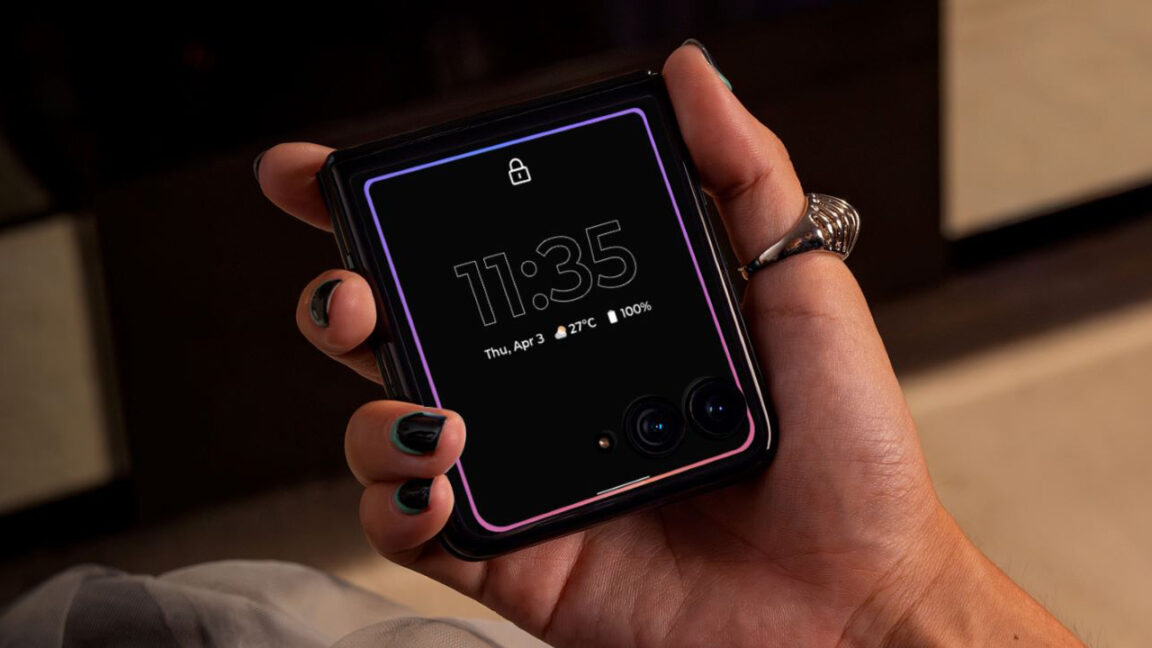

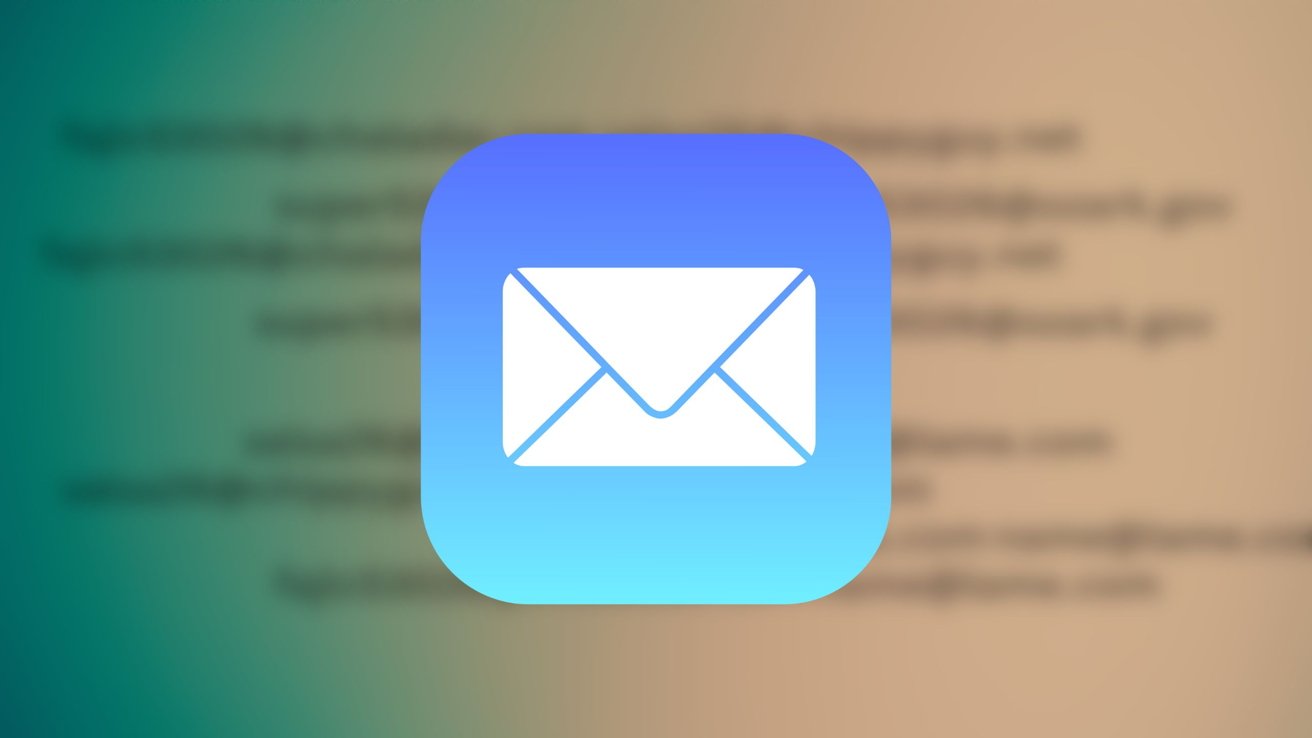
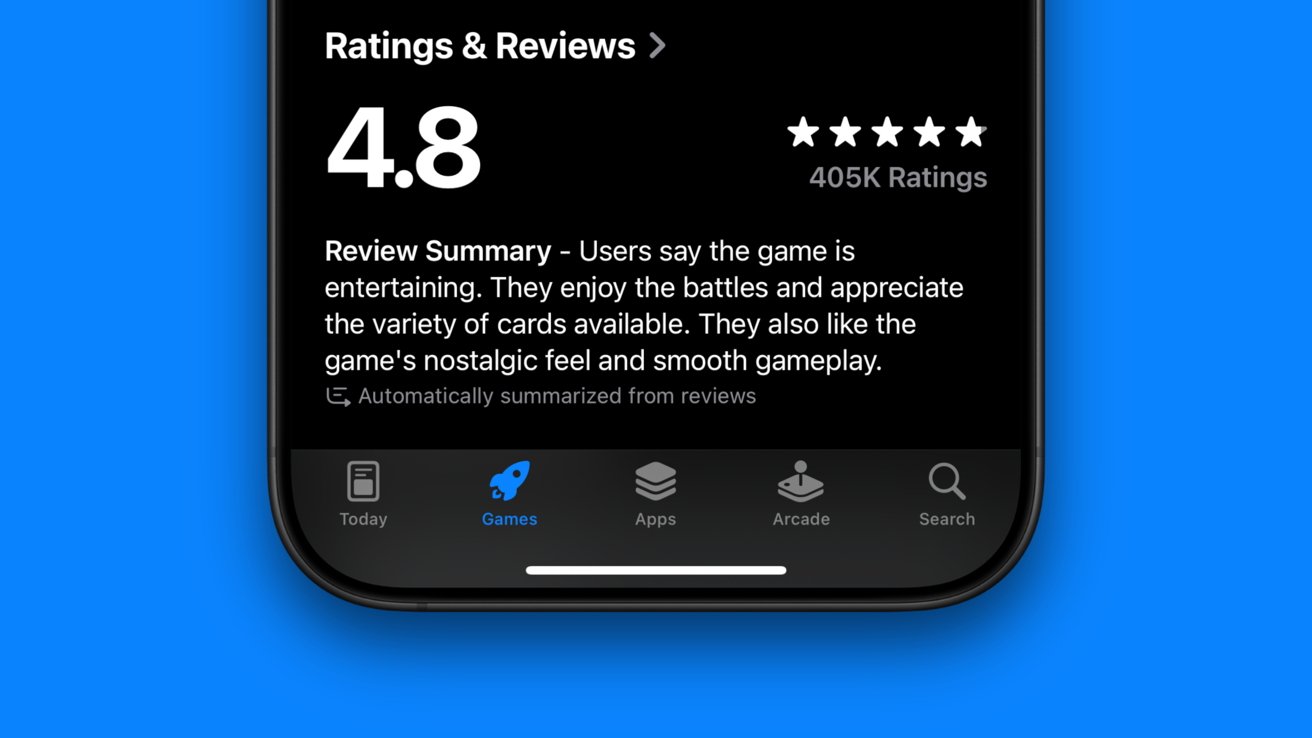







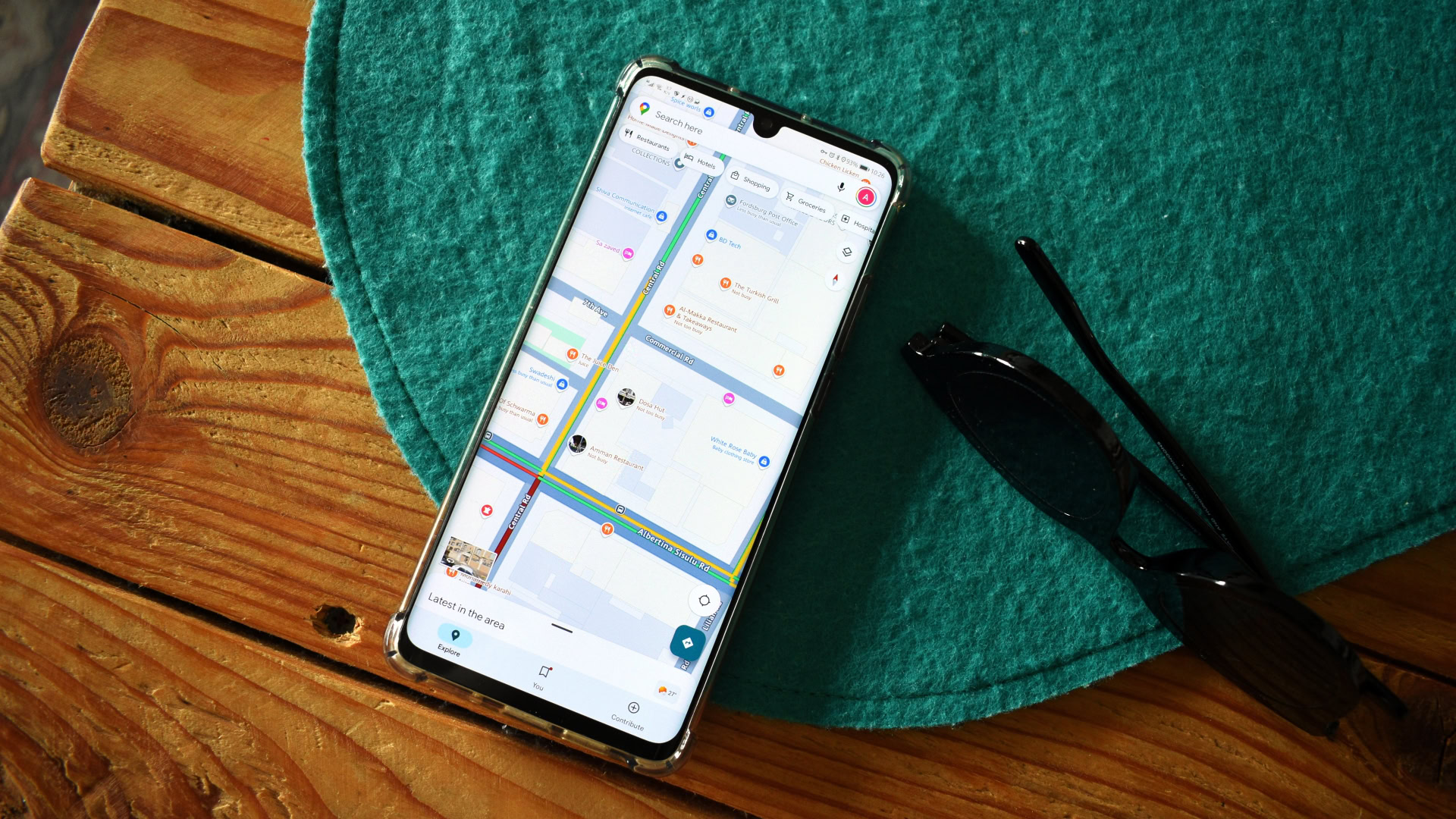

















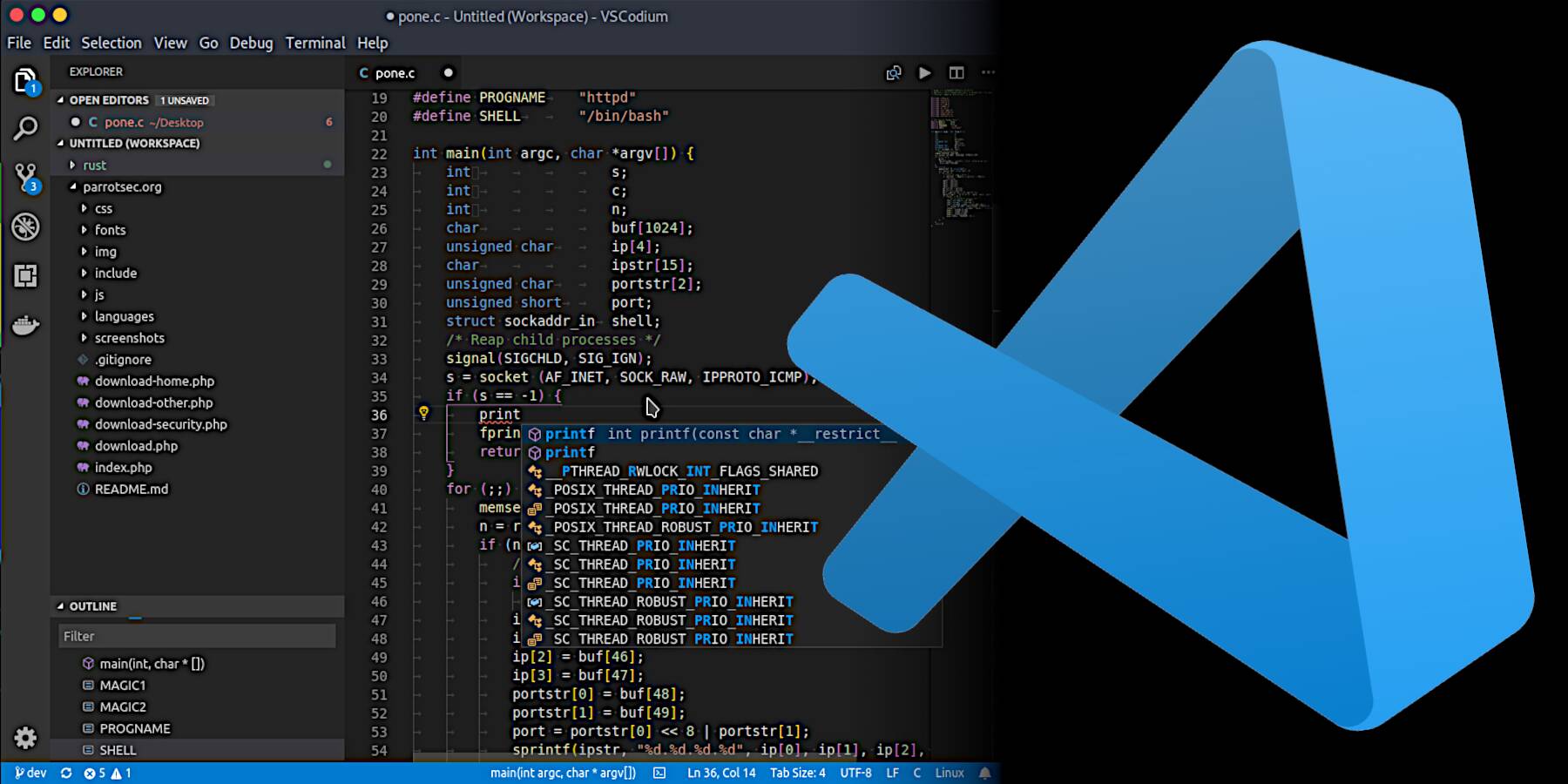


![Apple to Shift Robotics Unit From AI Division to Hardware Engineering [Report]](https://www.iclarified.com/images/news/97128/97128/97128-640.jpg)

![Apple Shares New Ad for iPhone 16: 'Trust Issues' [Video]](https://www.iclarified.com/images/news/97125/97125/97125-640.jpg)



















